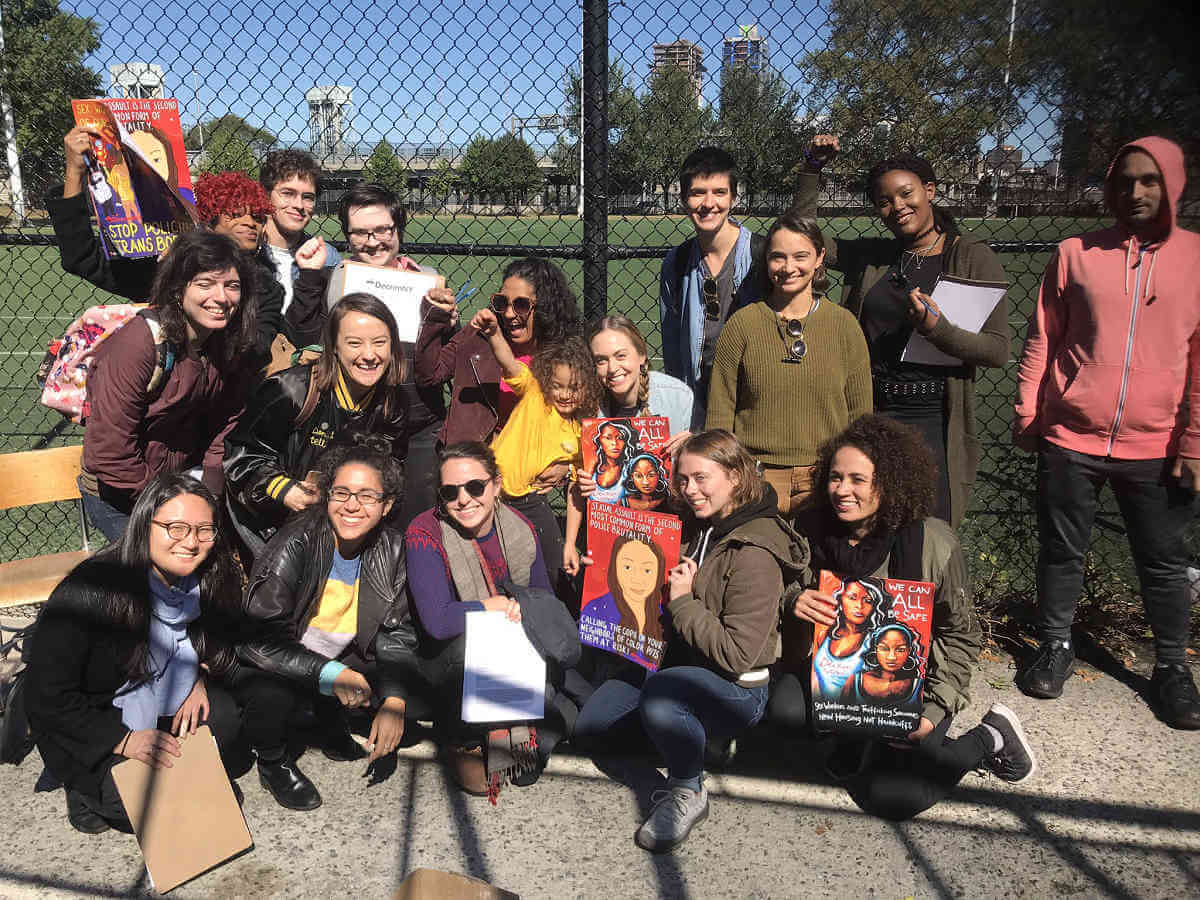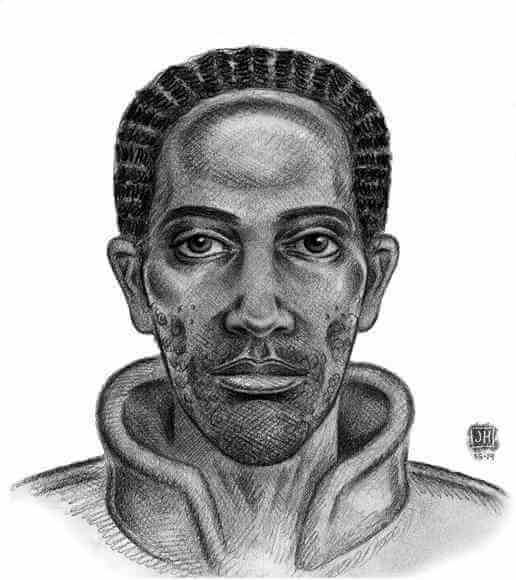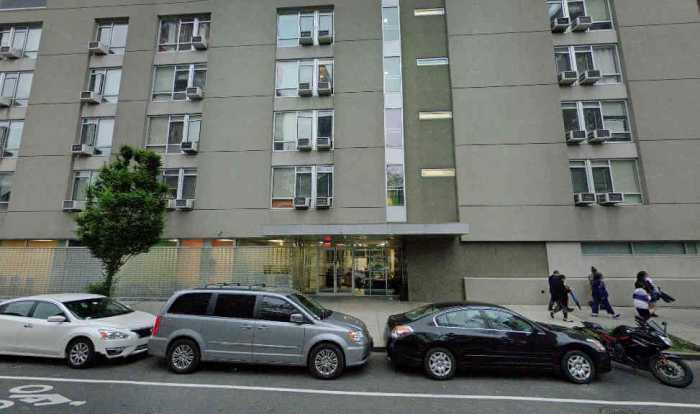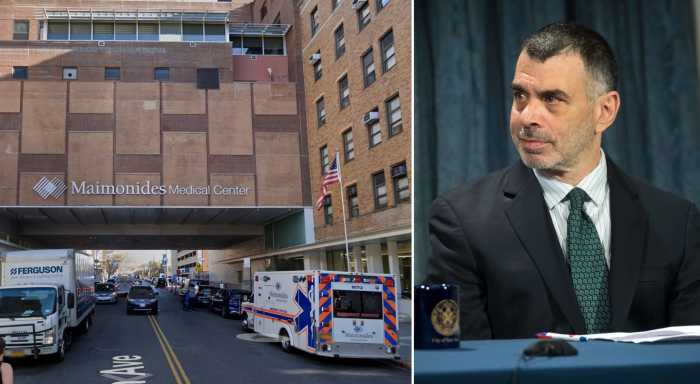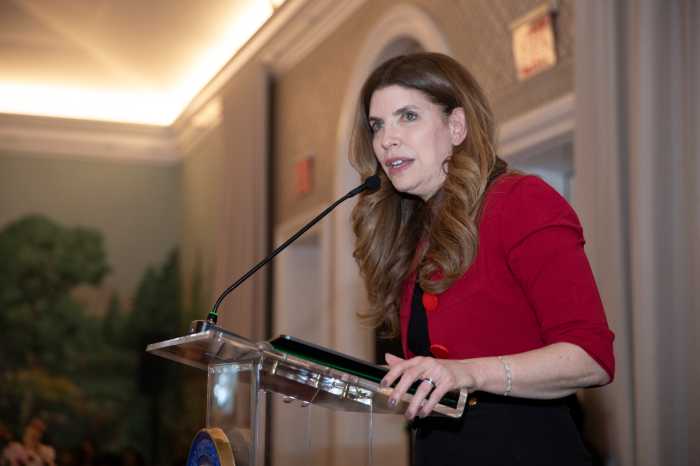After rallying support for their cause in the State Legislature earlier this year, some members of a coalition dedicated to decriminalizing sex work in New York have brought their sex-positive campaign to local communities while others have looked globally to learn takeaways about the sex trade abroad.
The moves mark the latest strategic directions for DecrimNY, which consists of dozens of advocacy groups, activists, and current and former sex workers — including many LGBTQ folks — who have collectively made significant strides since the coalition’s inception in February.
The coalition recruited a handful of state legislators, including Assemblymembers Dick Gottfried, Dan Quart, and Yuh-Line Niou of Manhattan, out gay State Senator Brad Holyman, also of Manhattan, and State Senators Jessica Ramos of Queens and Julia Salazar of Brooklyn, to endorse a multi-pronged effort to repeal a loitering for the purposes of prostitution law and pass a separate measure to provide record relief for sex trafficking survivors, among other initiatives.
Both proposals faltered in the end, but it wasn’t all lost: DecrimNY advocates were among those to successfully push the NYPD to change its patrol guide to stop using the loitering law to discriminate against women, Brooklyn District Attorney Eric Gonzalez endorsed the decriminalization of sex work, and the coalition unveiled a comprehensive sex work decriminalization bill — Stop Violence in the Sex Trades Act — that, if passed, would remove criminal penalties for sex workers, consumers, and those who provide the space for sex work.
Before and after the legislative session ended in June, members of DecrimNY huddled together and charted a path ahead. They worked with sex workers and allied legislators in parts of the city where gentrification has heightened quality of life concerns among residents and, in turn, led to increased enforcement against sex workers, many of whom are trans women of color. The coalition has visited many of those spots, including neighborhoods adjacent to Prospect Park in Brooklyn, Jackson Heights in Queens, Hunts Point in the Bronx, and Harlem, making a case to locals why the full decriminalization of sex work would be safer for everyone. They have also posted art on wooden street placards illustrating messages that sex workers are everyday neighbors and friends who are merely seeking to carry out their work in a safe and peaceful environment.
“This has been a big part of our strategy,” Jessica Raven, a queer former sex worker who is a steering member of DecrimNY, told Gay City News in an interview on October 7. “We want to make sure we’re talking to neighbors and community members and answering questions people have. We want to offer people new strategies to address problems in communities.”
She continued, “Instead of calling police, you can support legislation that will decrease violence and increase resources.”
DecrimNY is also looking internationally to learn about how laws around the world are impacting sex workers. Raven recently traveled to Sweden, where she attended a conference with sex workers and advocates regarding the sex work laws there. Sweden employs the Nordic Model, also known as the Equality Model, a version of decriminalization that only removes criminal penalties for sex workers but not for those who purchase sex, which many sex workers say hampers their ability to find clients and pushes their work further underground to avoid the prosecution of those clients.
Just like in the US, Raven found that sex workers in Sweden are treated differently simply because of their profession or because they are from marginalized demographics. She heard about cases of parents who have had their children taken away from them because they engaged in sex work.
“One of the big takeaways was that sex workers under the Swedish model continue to live with the stigma of trading sex,” Raven said. “The other big thing that I heard was that migrant sex workers were criminalized the most.”
Yet, discussions about the Nordic Model have entered the debate in New York political circles — seemingly as a concession to the plight of sex workers themselves but without any endorsement of the work they carry out. The discussion here is likely fueled in part by a lobbying effort made by European political figures who have brought discussion of the Nordic Model to the US.
Per-Anders Sunesson, who works for Sweden’s Ministry for Foreign Affairs as an anti-trafficking specialist, and Anne-Claire Legendre, who is consul general of France in New York, met with Brooklyn Assemblymember Tremaine Wright and Manhattan State Senator Liz Krueger in September to discuss “how to advance the Equality model at NY state level,” according to a tweet posted by Legendre.
Out gay City Council Speaker Corey Johnson is among those who have endorsed that model, telling reporters in May that he does not “support saying that there could be no penalties involved for other individuals who are looking to purchase sex in that way, because I think if you do that you create demand, and you create a market where you could have more victims, more people exploited, more people trafficked.”
Concerns about sex trafficking — especially the trafficking of underage victims — is at the heart of the argument in favor of the Nordic Model.
But advocates for full decriminalization were swift in condemning Johnson’s comments, with that group including the Association of Legal Aid Attorneys, DecrimNY, Gay Men’s Health Crisis, Make the Road New York, the New York City Anti-Violence Project, VOCAL-NY, and WOMANKIND. Those groups said Johnson was “advocating for an end to what is, for many of us, our only means of economic survival” and pointed to statistics from New York State’s Department of Criminal Justice Services saying that 73 percent of those arrested for purchasing sex in New York last year were black or Latinx men. They also pointed to a separate survey by the National Center for Transgender Equality showing that 40 percent of black trans folks report engaging in the sex trade.
Data has also shown that Democrats nationwide support full decriminalization. The think tank Data for Progress and DecrimNY released a nationwide survey of 1,012 voters conducted from April 29 to May 3 of this year that showed that 56 percent of Democratic voters supported full decriminalization, while 46 percent of Republicans maintained opposition to decriminalization.
There are still roughly three months before legislators return to Albany, but DecrimNY, clearly emboldened by the positive change in the public discussion about sex work that they’ve generated so far, is taking no break from its advocacy. And their work goes beyond just engaging with politicians — they also want to keep bringing their cause directly to the people.
Raven said the coalition is already preparing for upcoming canvassing sessions to continue spreading the word.
“We’re now starting to prepare for winter and snow, potentially,” she said. “We have to figure out the best way to continue to do this outreach during the wintertime.”
They still, however, have some time before the winter months arrive — and they intend to make the most of it.
“We want to get out at least one more time before it gets too cold,” Raven said.

